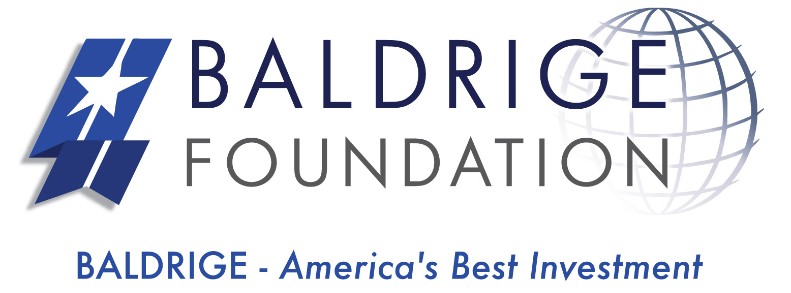The Great Resignation vividly demonstrates the power of the Law of Supply and Demand in action.
For example, The Wall Street Journal (PAY WALL) has reported that an alarming number of people who accept employment offers fail to show up for their first day on the job! While many organizations struggle to find people with at least the minimum requirements to fill their open positions, the real value of loyal, highly productive leaders has never been greater. More than ever before, highly productive and experienced senior executives who voluntarily choose to resign their positions should expect to receive counter-offers to remain; however, evidence suggests they should not accept these to protect their long-term best interests.
How This Affects You:
After finding another job opportunity, you submit your resignation. Your boss responds by offering you more money, a better title, the corner office, or new responsibilities if you agree to stay with the organization. But beware! Before you assume that accepting this counter-offer is a no-brainer, you need to consider:
- What’s driving your employer’s actions.
- How accepting the new terms can endanger your career.
- What is an even better option for ensuring that your resignation is great?
Here Are The Relevant Facts And Psychology:
In the workplace – and our personal relationships – no one enjoys being jilted for another party. When you submit your resignation, you’re saying, “You’re no longer good enough for me; I’ve found someone better.” No matter what you do from that point on, you will never be able to completely erase the memory of your demonstrated interest in leaving the organization. Your genuine intentions to make your imminent departure proceed as smoothly as possible for your current employer become irrelevant.
Under such circumstances, it is only natural that employers feel hurt and slighted and experience the normal grieving stages. For example, employers often react to resignations by being shocked, questioning how this could happen to them, trying to negotiate a different outcome, and finally, reluctantly accepting this new reality without you only when forced to do so. Employers often respond to resignations of key contributors as though a gun has been held to their heads, feel an uncomfortable sense of loss of control, don’t want to expose themselves and their organization to an uncertain future, believe that they have no choice, and wonder how they will survive without this key contributor. Hence, they seek to regain control of the situation. They try to “avoid the void” created by this pending departure by stressing to the person how needed and loved they are. These emotional displays usually are accompanied by offers of more money, responsibilities, and new titles.
Here’s The Underlying Problem With Accepting Counter-Offers:
Like the rest of us, supervisors don’t like feeling forced to do things with a “gun held to their heads”. Think about human nature. People remember who has hurt them, and once you have shown a genuine interest in leaving them for someone else, your loyalty and commitment will always be uncertain. Research supports this, too. It’s not surprising that studies found that after employers acquiesce to this person’s demands, this same person often is passed over for other raises and promotions while their replacements are lined up (who can be installed at the employer’s convenience) within the next 18 months!
What You Can Do To Avoid These Problems:
For these reasons and more, we recommend that if there is something that you’d like from your employer, ask them for it directly without ever mentioning any external opportunities you may be considering. Tell them why you want and deserve these and what you’ve done to benefit your organization and supervisor.
The ideal win-win outcome is that they readily agree and offer concrete plans to satisfy your desires. In the process, you have risked little and improved your circumstances. But, if they don’t, you’ll know where you stand in their mind and will be prepared to move on to another organization that will value you more.





















